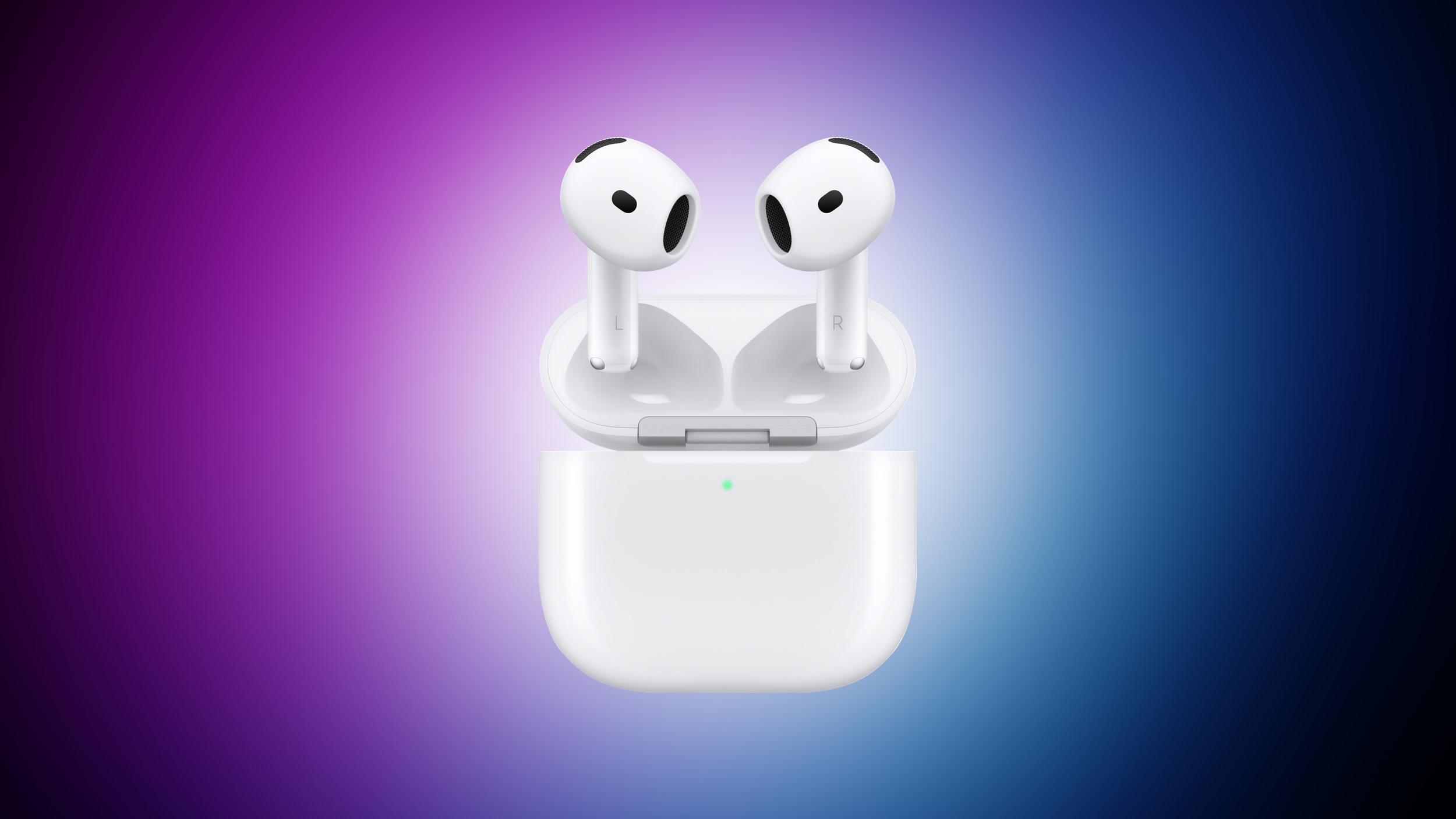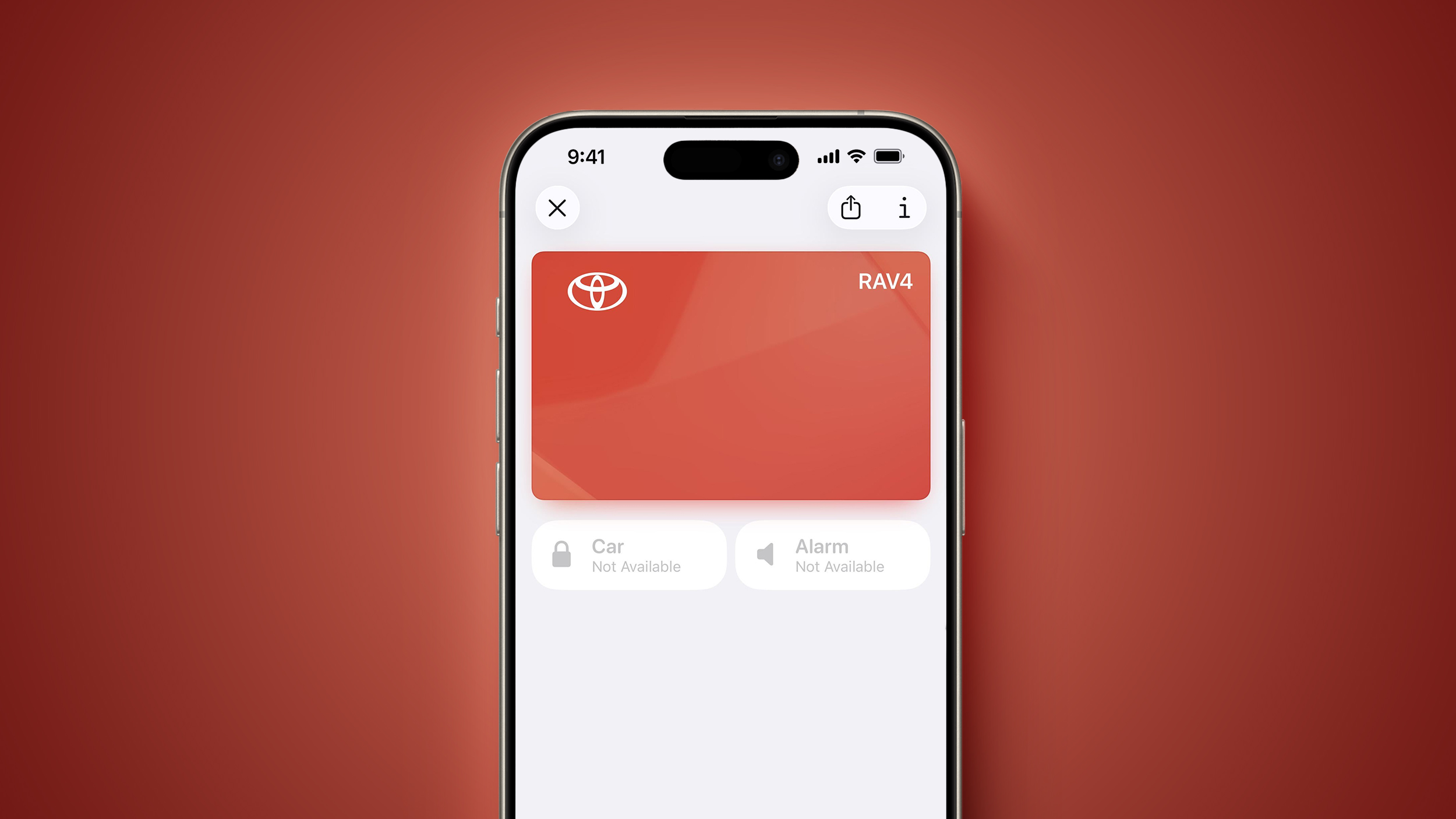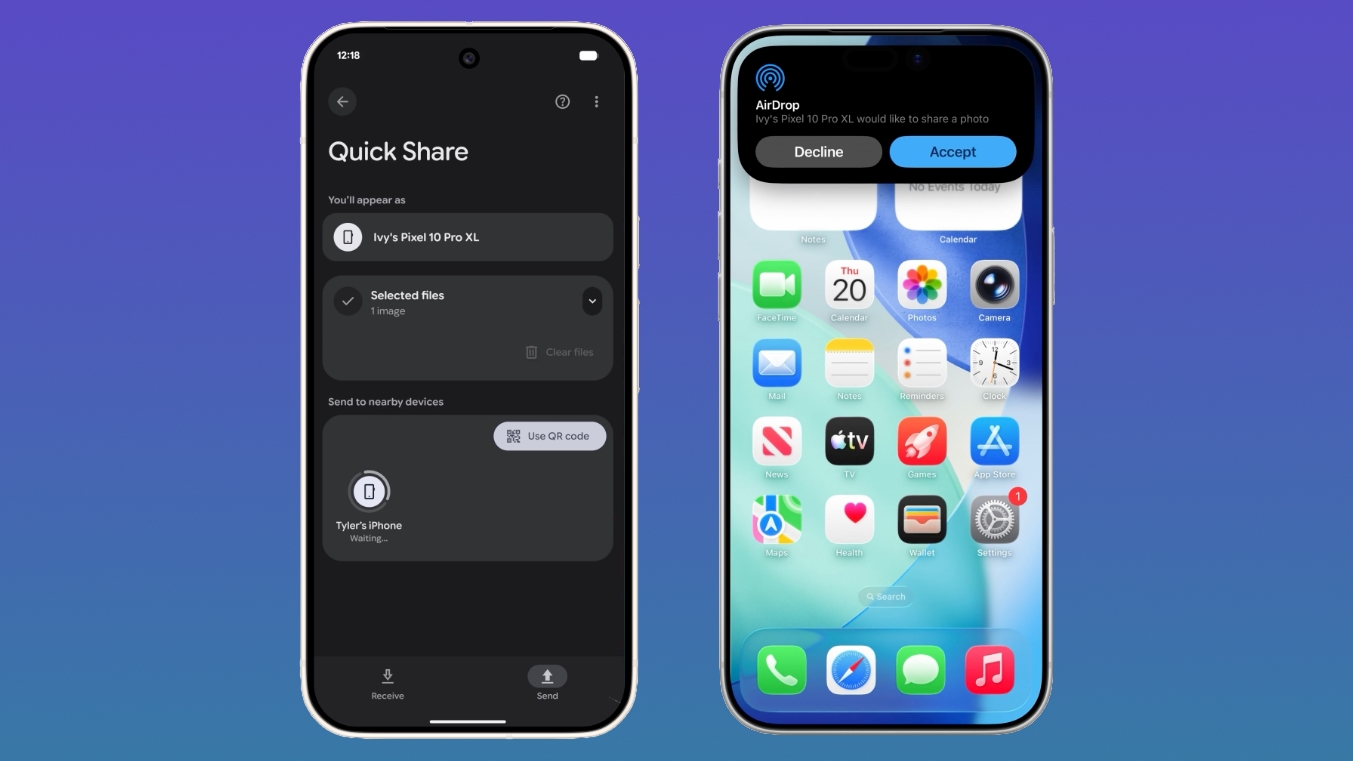It is perhaps true to say that Apple’s traditional core users are probably among those most likely to be impacted by generative artificial intelligence (genAI), as these tools become better at creating images, movies, stories and more. That kind of automation strikes at the heart of the creative markets, so it’s almost inevitable there will be push back.
But do creative types really want to put up roadblocks in front of the genAI steamroller?
Why wouldn’t there be a backlash?
Since ChatGPT and generative AI hit the scene to become this year’s fastest-growing tech, we’ve already seen instances in which people’s creative work has exploited by these tools. We’ve seen copyright claims made, information leaked, and a shift as new players enter the market toward training AI using creative assets that are not protected by copyright.
To read this article in full, please click here
It is perhaps true to say that Apple’s traditional core users are probably among those most likely to be impacted by generative artificial intelligence (genAI), as these tools become better at creating images, movies, stories and more. That kind of automation strikes at the heart of the creative markets, so it’s almost inevitable there will be push back.But do creative types really want to put up roadblocks in front of the genAI steamroller?Why wouldn’t there be a backlash?
Since ChatGPT and generative AI hit the scene to become this year’s fastest-growing tech, we’ve already seen instances in which people’s creative work has exploited by these tools. We’ve seen copyright claims made, information leaked, and a shift as new players enter the market toward training AI using creative assets that are not protected by copyright.To read this article in full, please click here Read More Computerworld
















+ There are no comments
Add yours